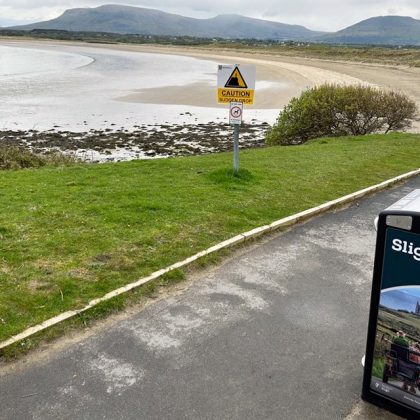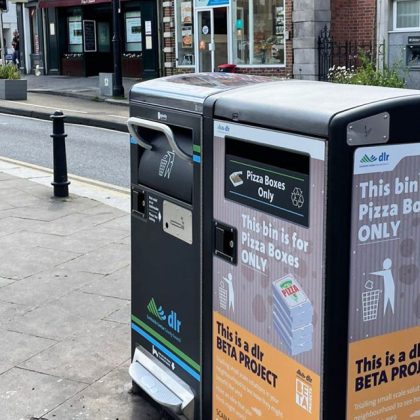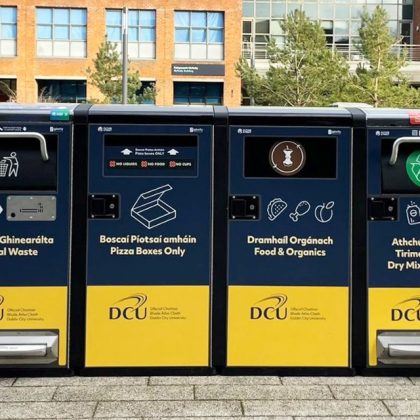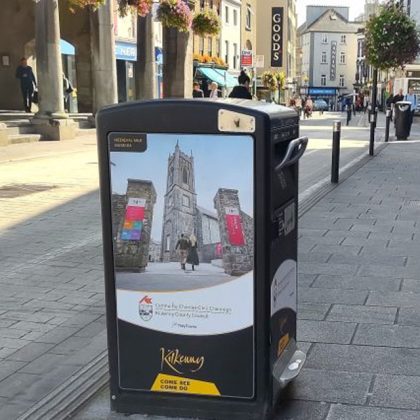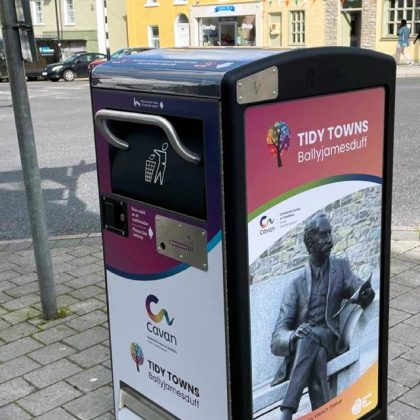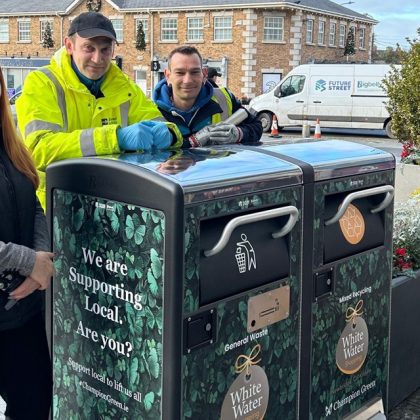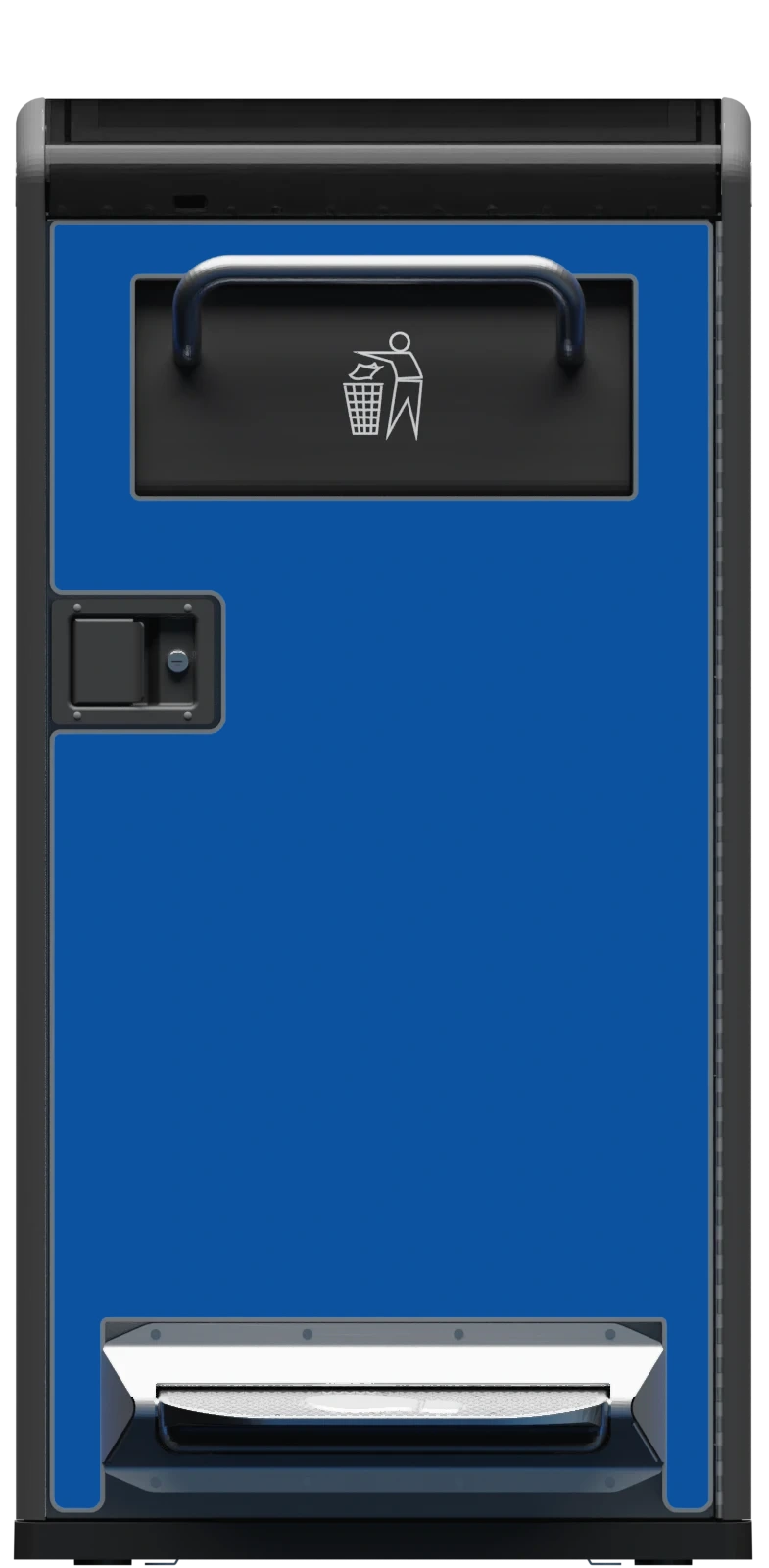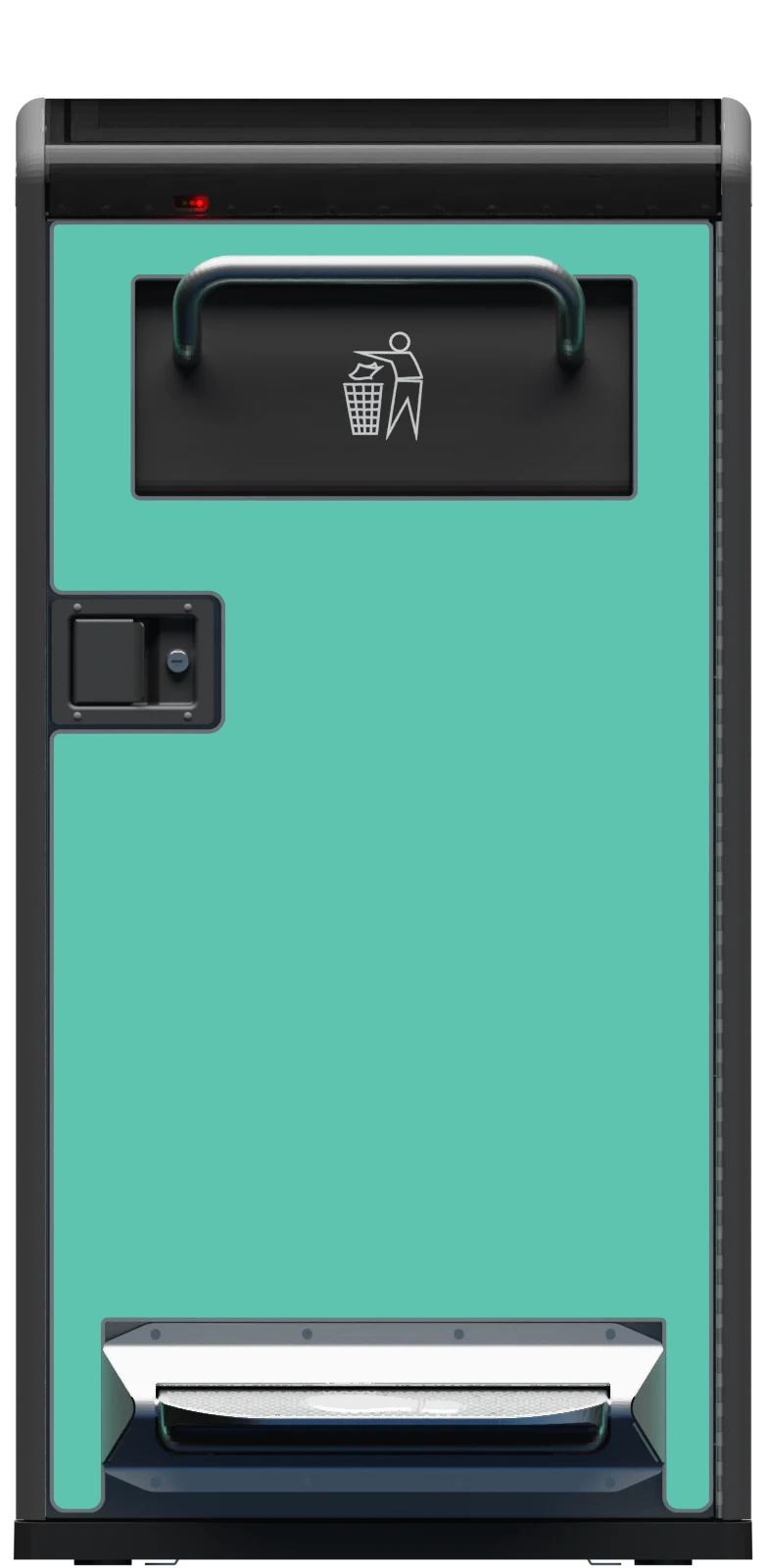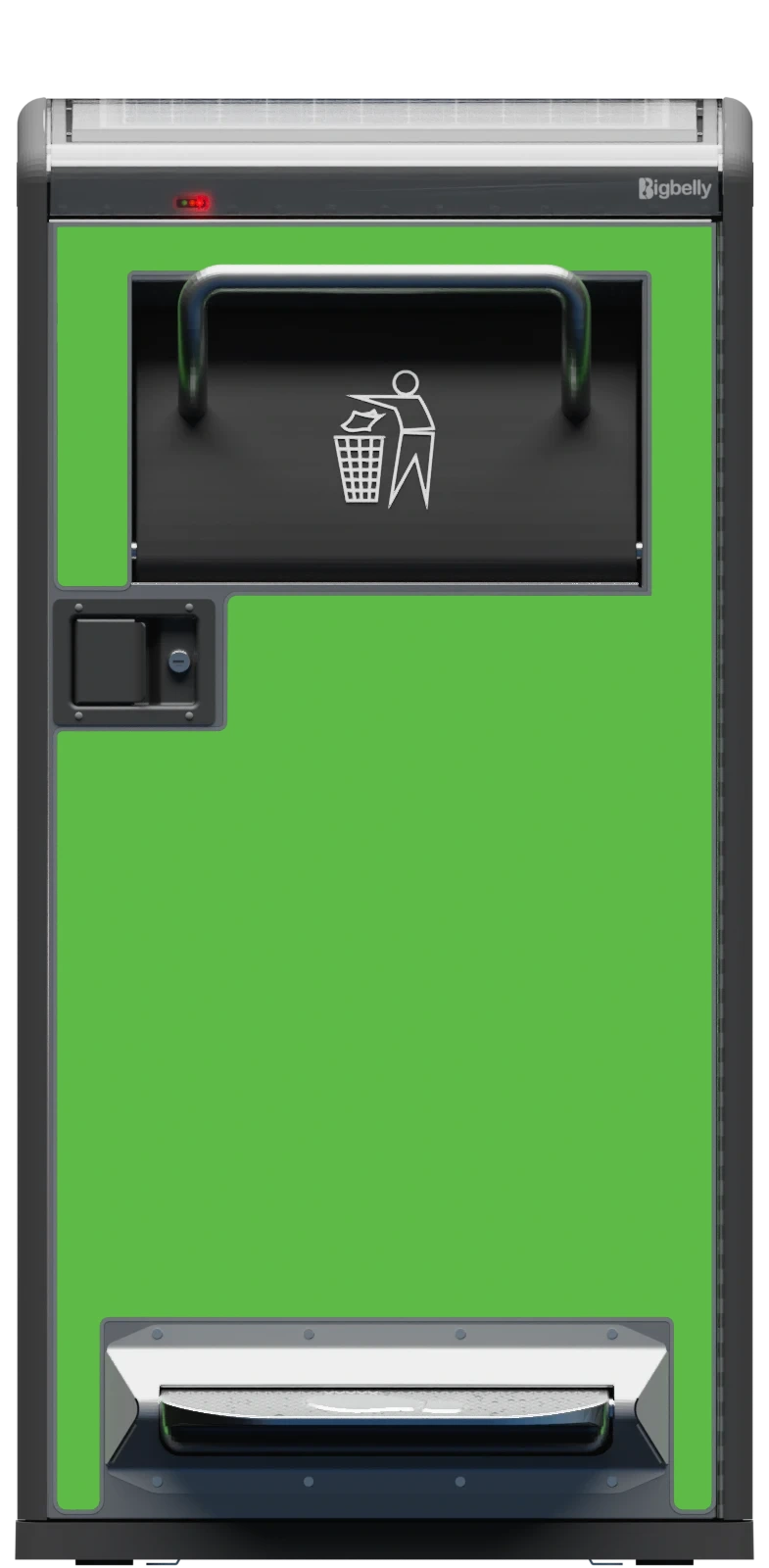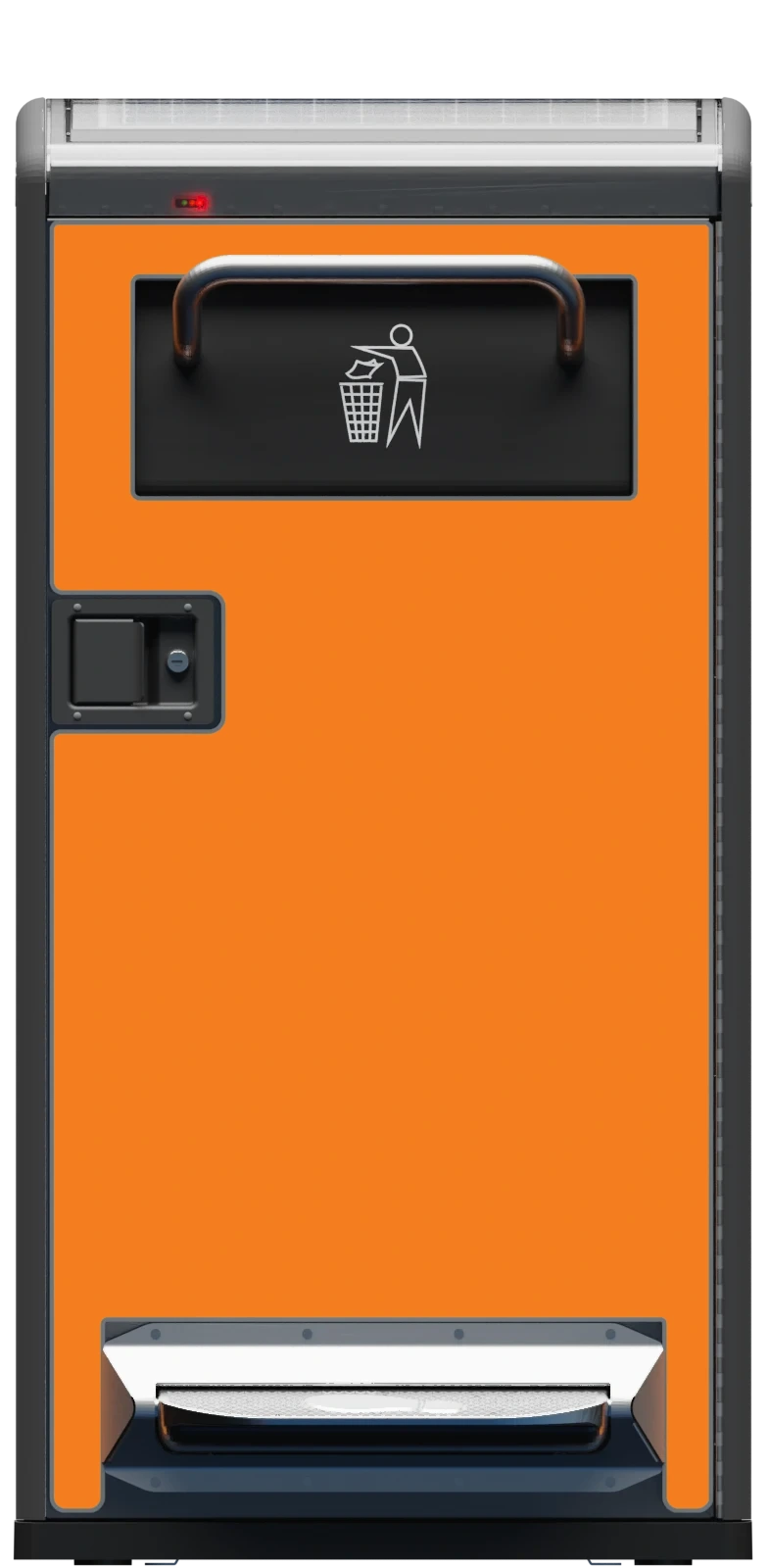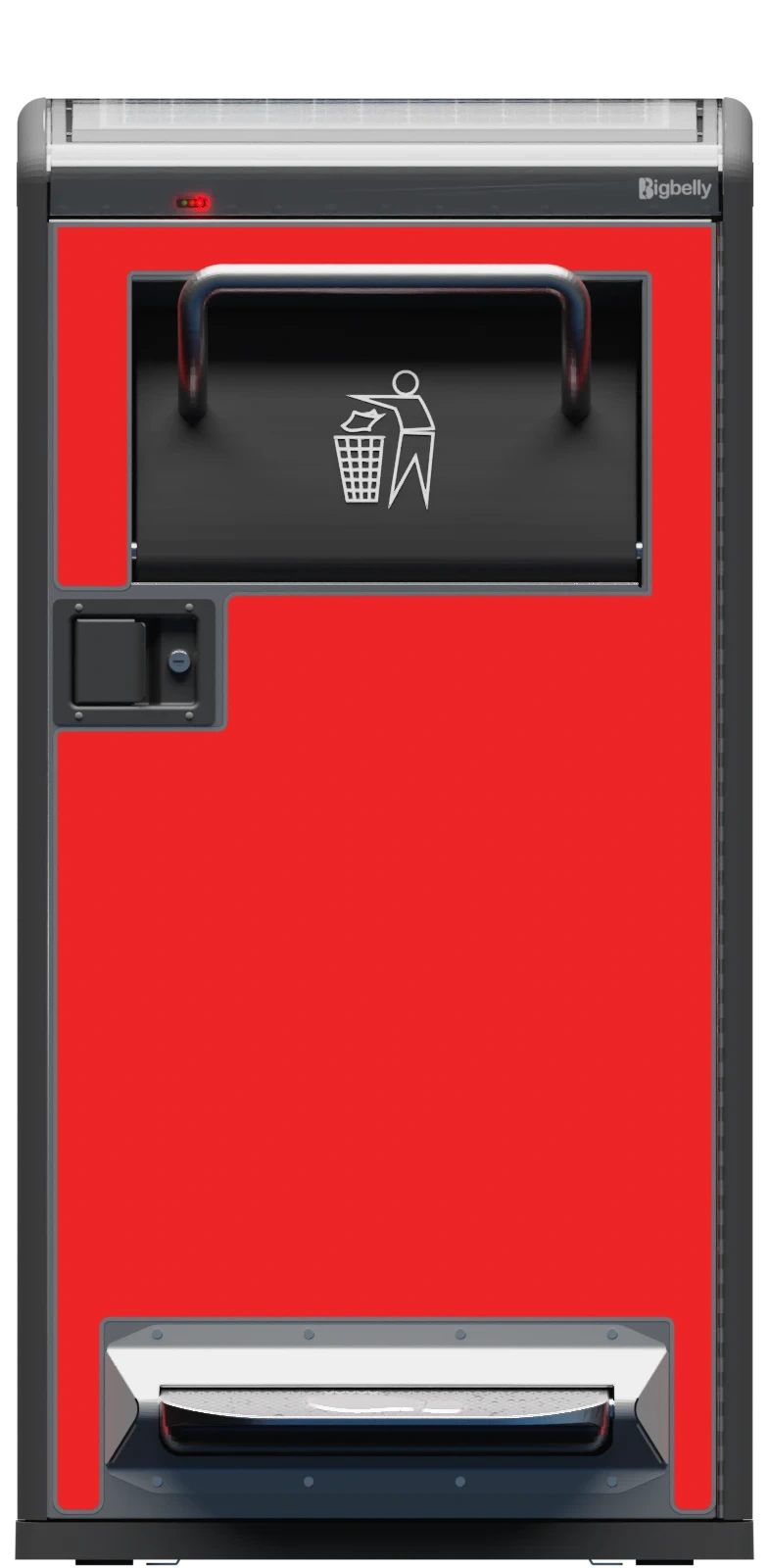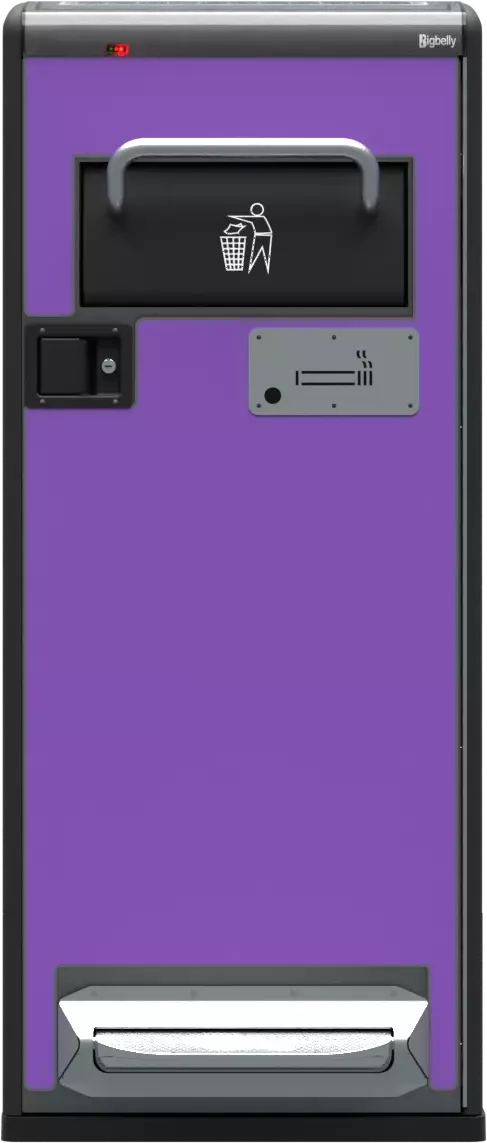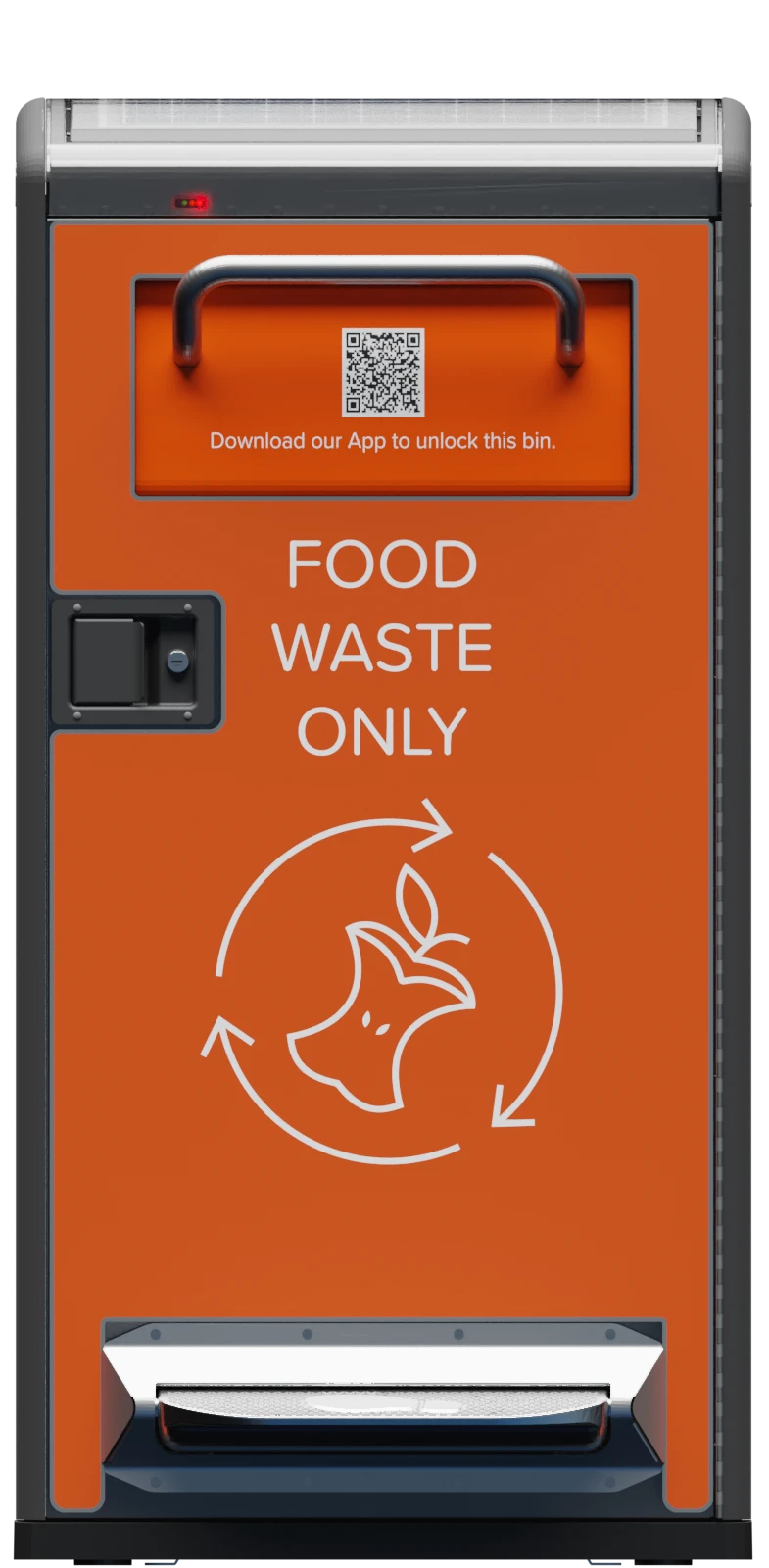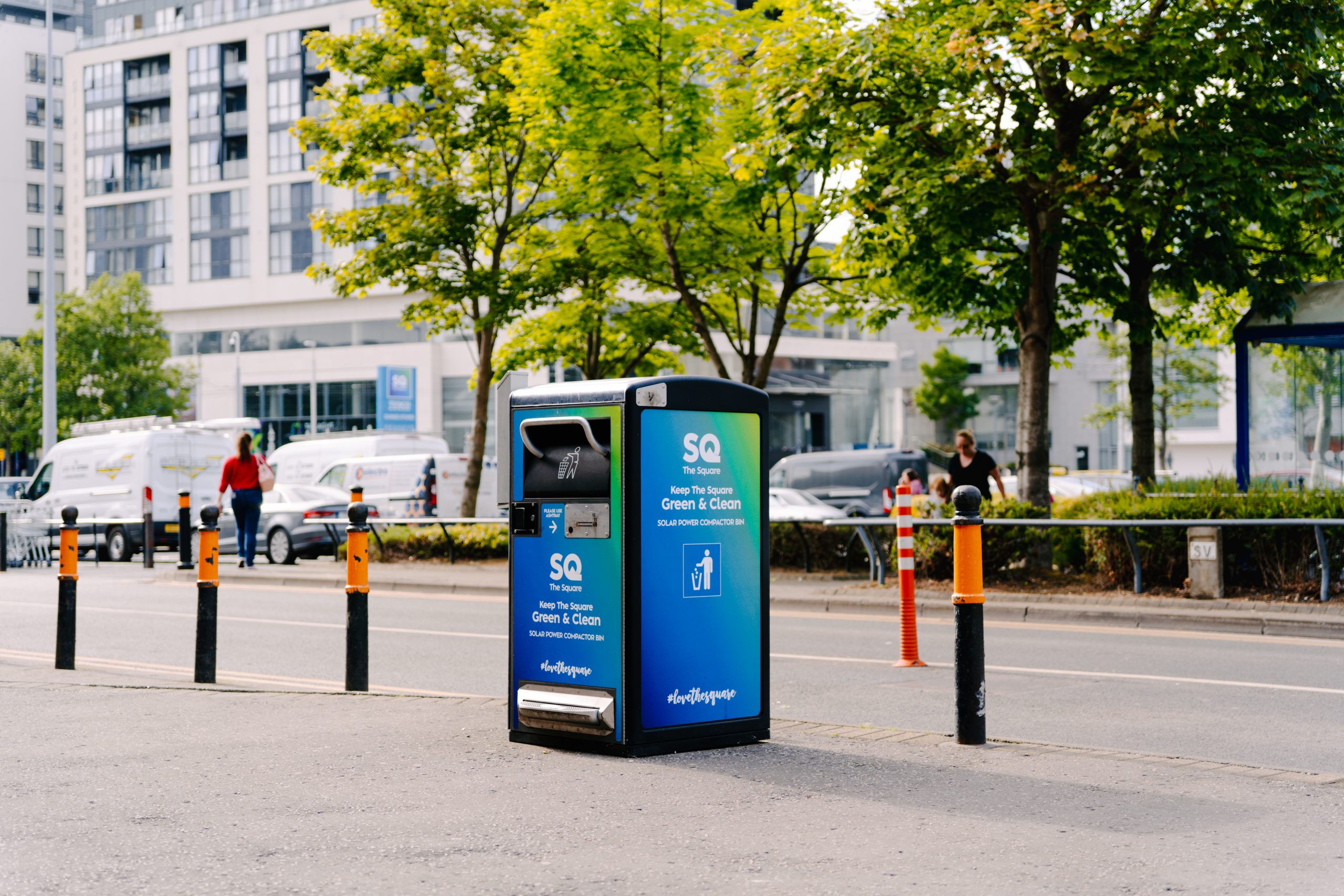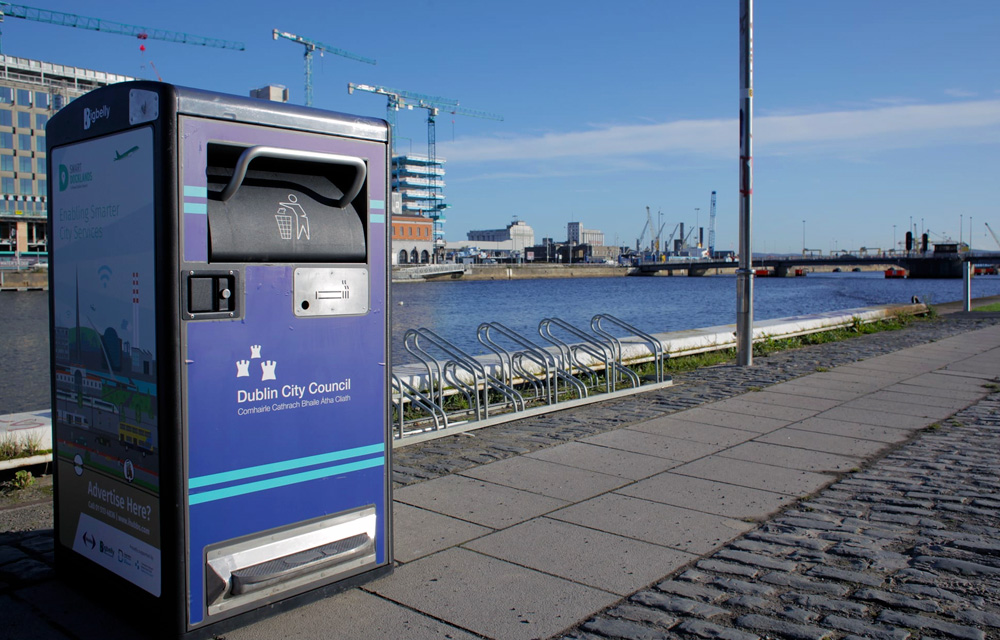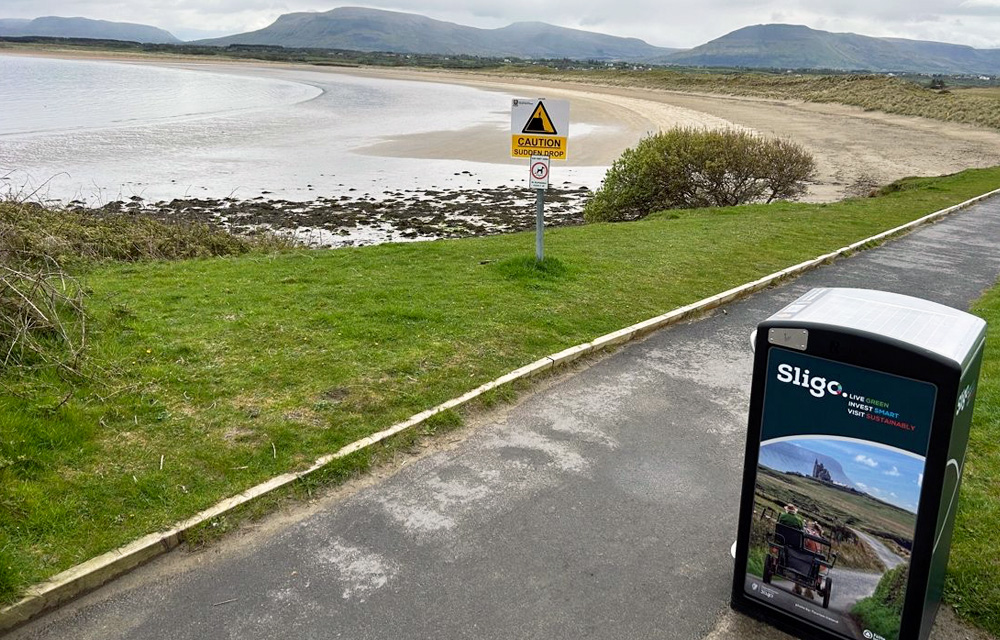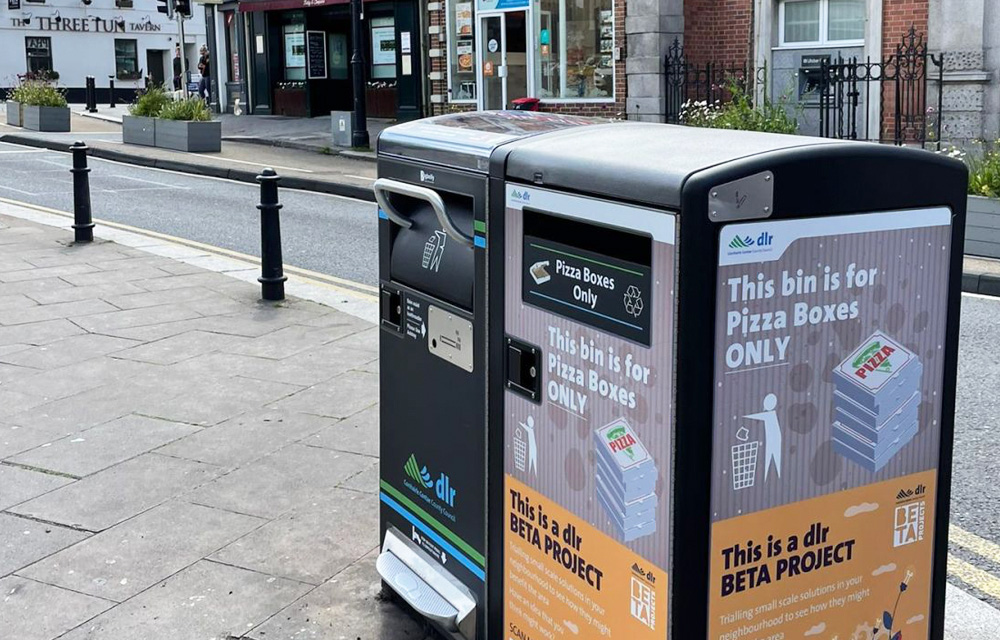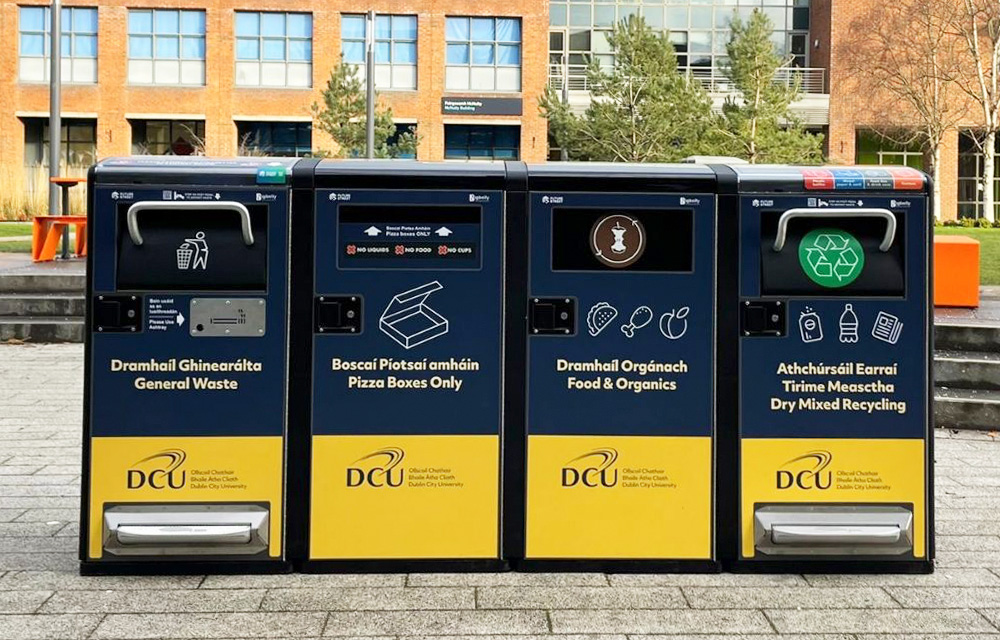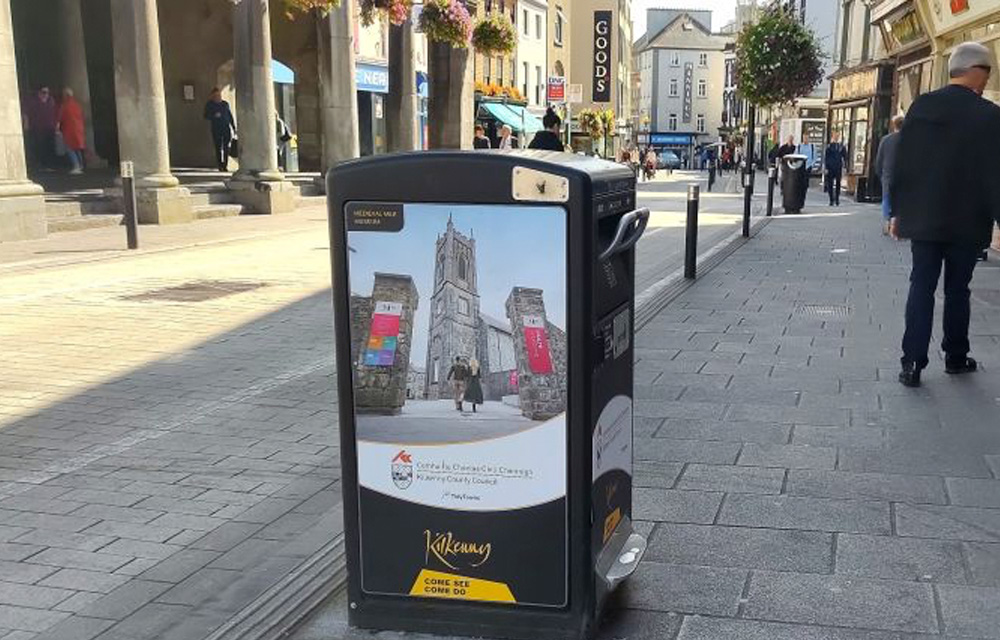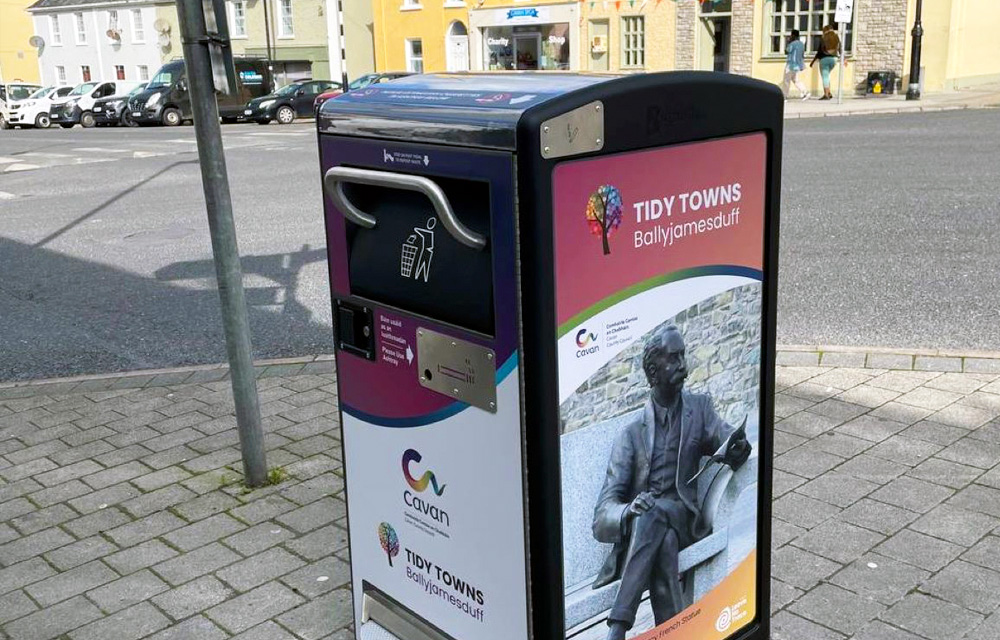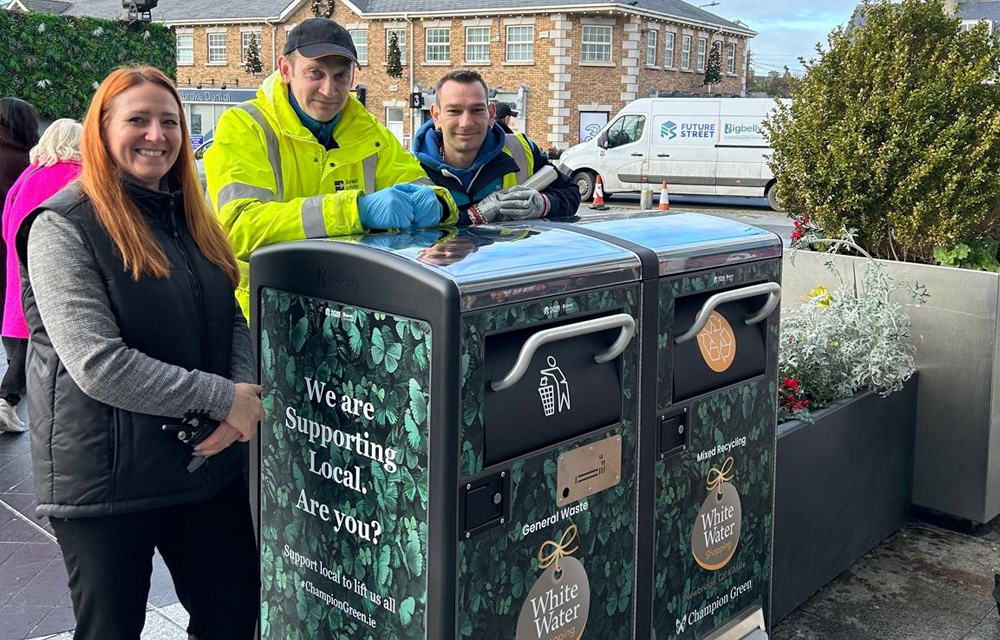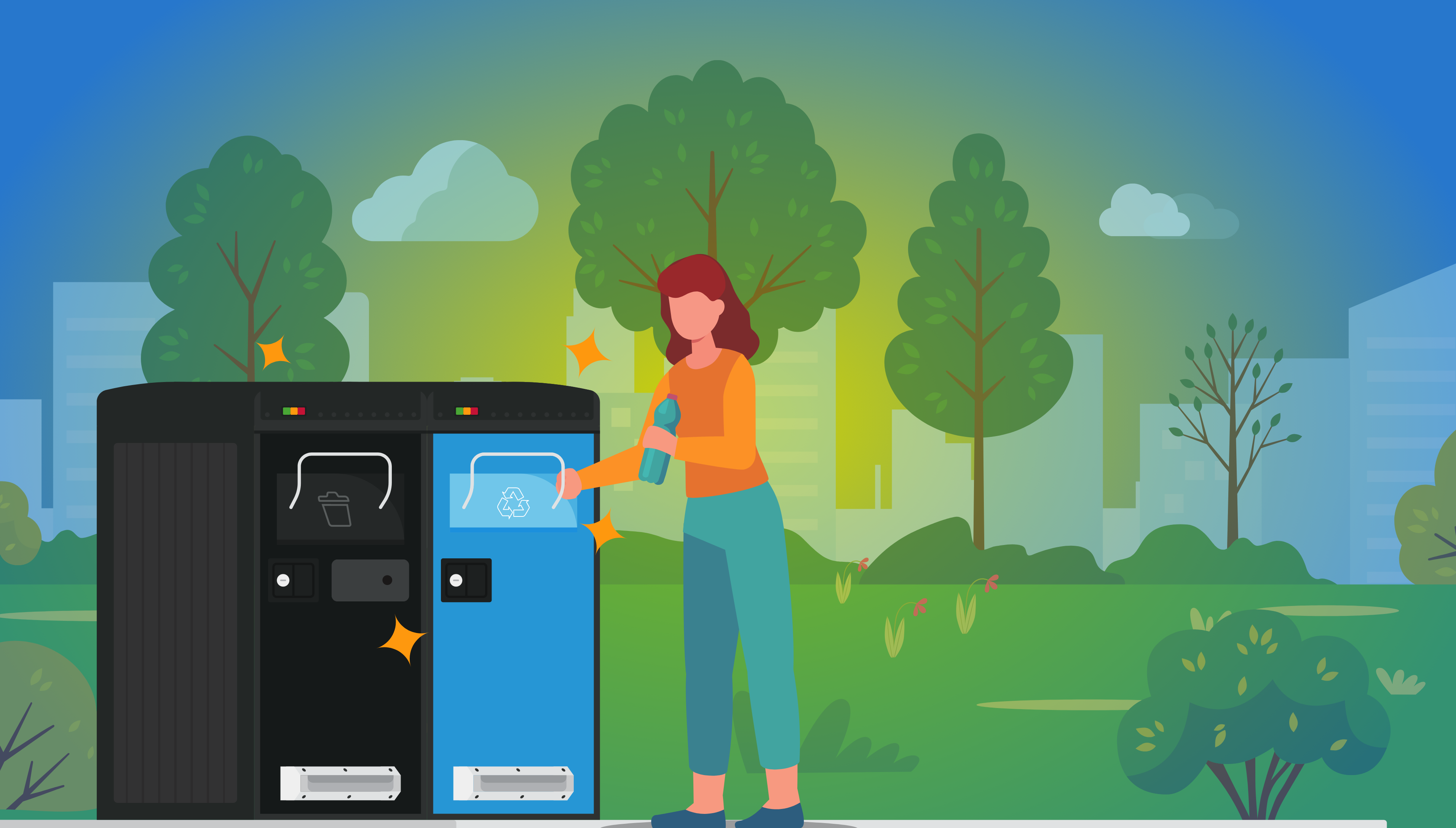Dublin City Council, in partnership with Future Street is transforming the Dublin Docklands into a model of smart urban management. The installation of a comprehensive fleet of Bigbelly Smart Waste compactors, initiated in 2019, is a major component of the Smart Dublin project, set to enhance the area over a 30-month period.
The Smart Bin initiative aims to drastically reduce visible waste and litter, prevent pests from accessing waste, decrease the frequency of waste collections, and improve overall collection efficiency. These bins are not just repositories for rubbish; they are equipped with cutting-edge technology such as sensors, Wi-Fi, and telecom equipment, making them multifunctional smart city tools.
Garrett Owens, Chief Executive Officer at Future Street, expressed enthusiasm about the expanding partnership: “Working with the Dublin City team has allowed us to rapidly evolve from initial trials to a comprehensive Smart Docklands initiative. This project now serves as a dynamic testbed for smart city technologies, ranging from data analytics to telecommunications.”
The Bigbelly Smart Max units, solar-powered and capable of holding up to five times more waste than traditional bins, feature a hands-free foot pedal for sanitary disposal and a hopper interface that completely seals off waste. Real-time sensors within the bins notify Dublin’s waste management teams to optimize collection schedules, significantly reducing operational visits.
Key outcomes from the current deployment include an impressive 85% reduction in waste collection frequencies, the first solar-powered public Wi-Fi in the area, and enhanced research capabilities through data collected from bin sensors. Moreover, the bins’ surfaces have been utilized for public messaging—ranging from health advisories like COVID-19 to environmental and local business support campaigns—thereby increasing community engagement and awareness.
As Dublin continues to roll out these smart waste solutions, the Docklands area is set to become a benchmark for other cities aiming to integrate technology into public infrastructure, proving that smart solutions can lead to cleaner, more efficient urban environments.
